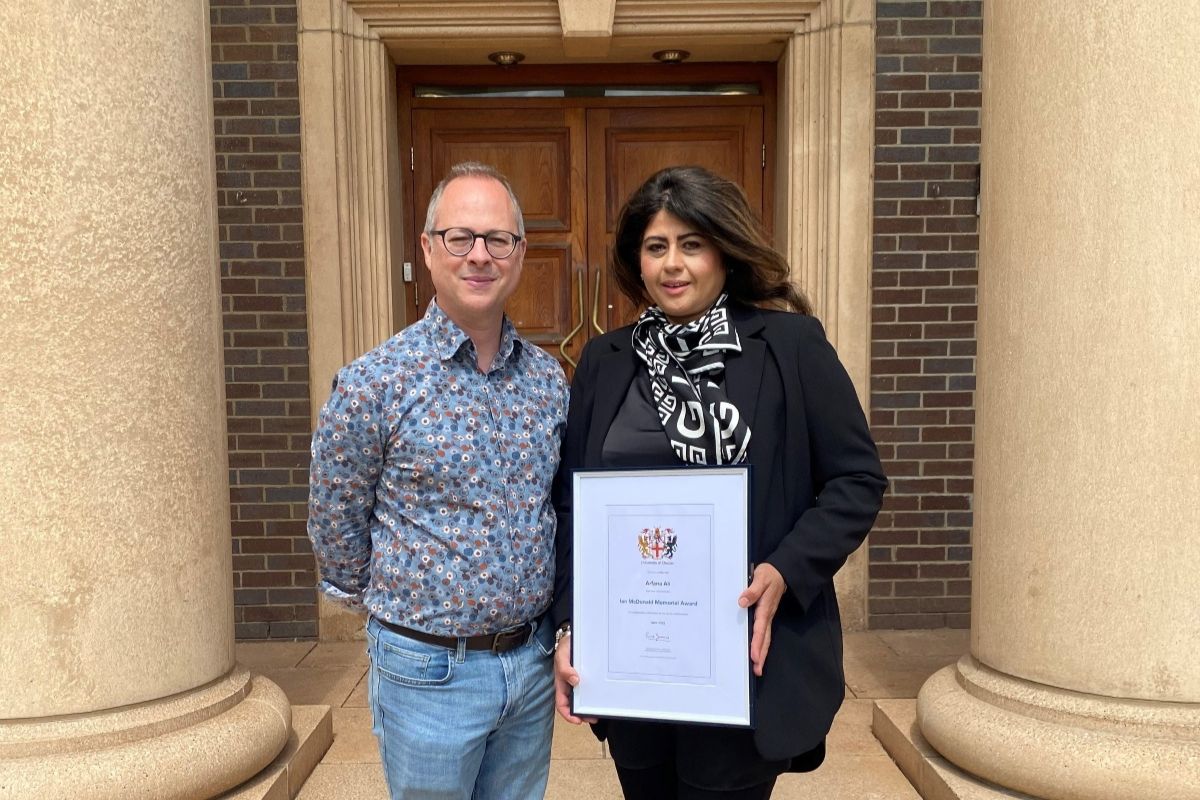Ofqual – Accessible documents policy

This policy explains how accessible the documents Ofqual publishes on GOV.UK are. It covers PDFs, spreadsheets, presentations and other types of document. It does not cover content published on GOV.UK as HTML: the main GOV.UK accessibility statement covers that.
Using our documents
Ofqual publishes documents in a range of formats, including PDF, CSV, Excel and PowerPoint.
We want as many people as possible to be able to use those documents. For example, when we produce a document we make sure to:
- provide an HTML option where possible
- tag headings and other parts of the document properly, so screen readers can understand the page structure
- make sure we include alt text alongside non-decorative images, so people who cannot see them understand what they’re there for
- avoid using tables, except when we’re presenting data
How accessible our documents are
Some of our PDFs and video content are essential to providing our services. For example, our regulatory requirements are published only as pdf documents and are not fully accessible to assistive technologies. By September 2021, we plan to either fix these or replace them with accessible HTML pages.
Many of our older documents (published before 23 September 2018) are not accessible. For example, some of them:
- are scanned documents and are not marked up in a way that allows screen reader users to understand them
- are not properly tagged – for example, they do not contain proper headings or descriptions of images
- are not written in plain English
This mostly applies to our research reports, board papers and older national statistics. These older documents are exempt from the regulations, so we do not currently have any plans to make them accessible.
But if you need to access information in one of these document types, you can contact us and ask for an alternative format.
What to do if you cannot use one of our documents
If you need a document we’ve published in a different format:
Request an alternative format:
email[email protected]
phone 0300 303 3344
We’ll consider the request and get back to you in 3 working days.
Reporting accessibility problems with one of our documents
We’re always looking to improve the accessibility of our documents. If you find any problems not listed on this page or you think we’re not meeting accessibility requirements, contact:
Report accessibility problems with documents published after 23 September 2018:
email[email protected]
phone 0300 303 3344
Enforcement procedure
The Equality and Human Rights Commission (EHRC) is responsible for enforcing the Public Sector Bodies (Websites and Mobile Applications) (No. 2) Accessibility Regulations 2018 (the ‘accessibility regulations’). If you’re not happy with how we respond to your complaint, contact the Equality Advisory and Support Service (EASS).
Technical information about the accessibility of our documents
Ofqual is committed to making our documents accessible, in accordance with the Public Sector Bodies (Websites and Mobile Applications) (No. 2) Accessibility Regulations 2018.
The documents Ofqual publishes are partially compliant with the Web Content Accessibility Guidelines version 2.1 AA standard, due to the non-compliances listed below.
Non accessible content
The content listed below is non-accessible for the following reasons.
Non compliance with the accessibility regulations
Some of our PDFs and video content are essential to providing our services. For example, our regulatory requirements are published only as pdf documents and are not fully accessible to assistive technologies. By September 2021, we plan to either fix these or replace them with accessible HTML pages.
Many of our older PDFs, and other documents attached to web pages, do not meet accessibility standards. For example, they may not be structured so they’re accessible to a screen reader. This does not meet WCAG 2.1 success criteria:
- 1.1.1 (non-text content)
- 1.3.1 (info and relationships)
- 1.3.2 (meaningful sequence)
- 1.4.10 (reflow)
- 2.4.3 (focus order)
- 4.1.2 (name, role, value)
A few of our documents have diagrams. These images do not have a text alternative, so the information in them is not available to people using a screen reader. This does not meet WCAG 2.1 success criterion 1.1.1 (non-text content).
Our regulatory requirements are published only as pdf documents and are not fully accessible to assistive technologies. By September 2021, we plan to either fix these or replace them with accessible HTML pages.
Disproportionate burden
Many of our annual reports, national statistics, research papers and board minutes do not meet accessibility standards and fail the following WCAG 2.1 success criteria:
- 1.1.1 (non-text content)
- 1.3.1 (info and relationships)
- 1.3.2 (meaningful sequence)
- 1.4.10 (reflow)
We do not plan to fix our archive of research documents, national and official statistics publications, board minutes or annual reports.
We expect future national statistics and annual reports to be be accessible. We are evaluating to what extent it is possible to make our research papers and board minutes accessible.
Content that’s not within the scope of the accessibility regulations
Live video streams, such as webinars, do not have captions. This fails WCAG 2.1 success criterion 1.2.4 (captions – live).
We do not plan to add captions to live video streams because live video is exempt from meeting the accessibility regulations.
How we tested our documents
We last tested a sample of our documents in August 2020. The test was carried out by Ofqual staff.
We used the following approach to decide on a sample of documents to test. For each type of content we have published on our website, a random selection of 2 items were chosen to test. Both the web page and the attachments on it were tested against the success criteria for WCAG 2.1 AA compliance.
What we’re doing to improve accessibility
By April 2021 we will publish our accessibility roadmap to show how and when we plan to improve accessibility on this website.
This page was prepared on 21 September 2020. It was last updated on 22 October 2020.












Responses